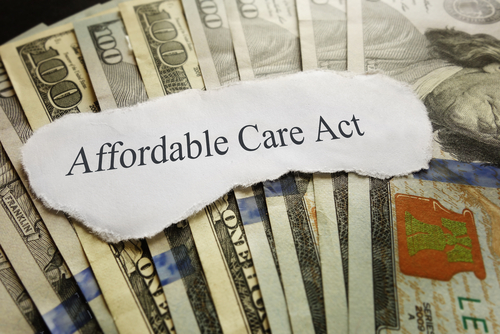A group of Senate Republicans is seeking greater clarity on a proposal by the Internal Revenue Service (IRS) to expand the Affordable Care Act’s premium tax credit (PTC).

In the Affordable Care Act, several provisions were included to prevent the erosion of employer-sponsored health insurance. One specific provision prevented individuals from receiving subsidies if they had an offer of “affordable” coverage from their employer. The ACA specified that if a family received an offer of employer-sponsored health insurance, each family member is also considered to have an offer of “affordable” coverage if the employee’s premium contribution for self-only coverage – not family coverage – is less than 9.5 percent of income.
However, in April, the IRS proposed a rule change that reverses this long-held practice by basing affordability on the cost of family coverage, not self-only coverage. U.S. Sens. Pat Toomey (R-PA), Richard Burr (R-NC), and Bill Cassidy, M.D. (R-LA) say this is a violation of existing law.
“The proposal in question runs contrary to the long-held position of the IRS, including under former President Obama,” the Senators wrote to IRS Commissioner Charles Rettig. “This not only runs counter to the plain reading of the law but would dramatically expand spending on Obamacare plans and result in a significant shift of individuals out of employer-sponsored insurance and into government-designed and subsidized Obamacare coverage.”
The senators added that the IRS’ decision to reverse this practice would cost taxpayers billions more each year and give the federal government an even larger role in families’ health care decisions. Further, the GOP lawmakers criticized the administration for failing to provide necessary analyses of the rule’s effects on government spending and health coverage.
“Moreover, in its proposal, the IRS did not include necessary projections of its impacts on cost and coverage. President Biden and White House officials are touting estimates that nearly 1 million Americans who already have insurance would receive additional subsidies, while just 200,000 previously uninsured Americans would gain coverage under the proposal. This would suggest an analysis has been conducted, raising questions as to why such an analysis was not published in the proposal,” they wrote.